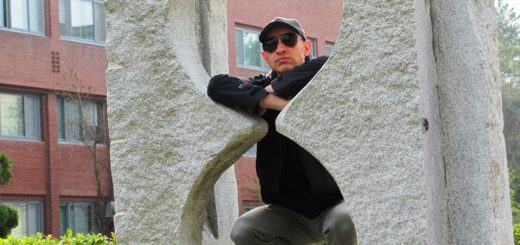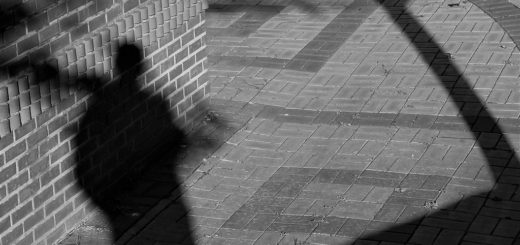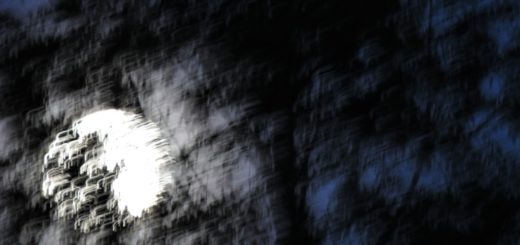Reflections From A Great Distance
As you back away from a mirror, your reflection becomes smaller, and therefore less minutely detailed — but also, in another sense, more complete and true, due to the widening context. For a man seeking the truest image of himself, the goal is to hone his eyesight and maintain perfect focus, while viewing his reflection in ever more distant surfaces. The smaller he becomes in the reflection without losing sight of himself altogether, the more complete his self-knowledge.
The man who sees only himself is standing too close to life. While memorizing every detail of his face, he fails to understand whose face it is.
The man, by contrast, who sees himself reflected on the hazy glow above the mountains before sunrise, or as a glint on the inner rim of a crescent moon, or against the hand of a statue in the agora of ancient Athens at midday, or in the reply to an objection in Question 58, Article 12 of the Second Part of the Second Part of the Summa Theologica, or as a distorted flash of iridescence on a brightly-colored fish racing for the safety of the rocks on the ocean floor with a faster predator in pursuit — that man, I say, is seeing himself more truly, and has at least a hope of achieving self-knowledge. For he is seeing himself stripped of the deceptive prominence of accidental detail, and instead measured against the context of eternity, life, being, and transience.



